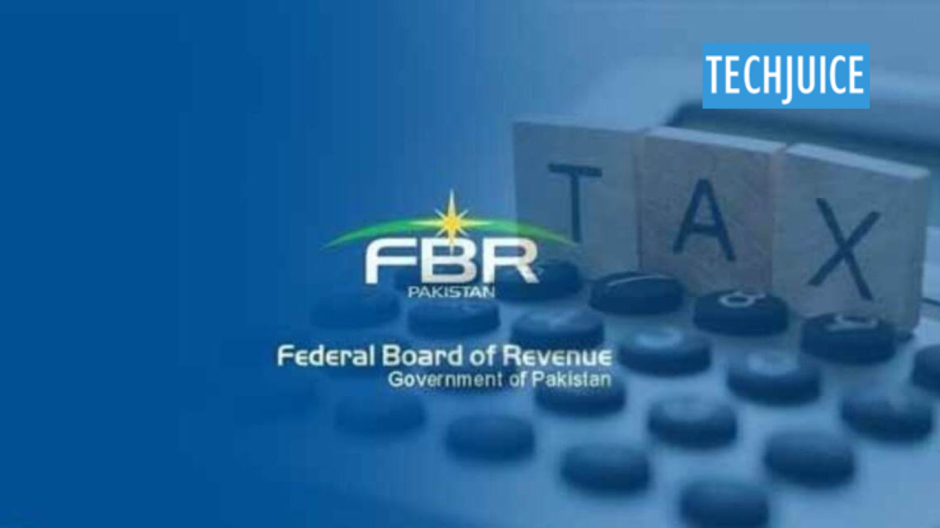KARACHI: Rashid Mahmood Langrial, Chairman of the Federal Board of Revenue (FBR), has stated that even the five richest individuals in the country are not paying their fair share of taxes. He has also criticized amnesty programs for undermining the entire tax system.
According to Mr. Langrial, who was speaking to the FPCCI members, there is hope that the interest rate could be lowered by another 150-200 basis points soon. As stated in a news release by the FPCCI, he expressed the opinion that the country is in dire need of a change in tax culture and that there are no other options.
According to Mr. Langrial, not even the wealthiest 5% of the population is paying their taxes, and he supports FPCCI’s proposal that we focus on those who evade taxes rather than those who have paid taxes for many years.
Stresses amnesty schemes make taxation system dysfunctional
He also ordered the designation of a grade-19 FBR officer to handle routine concerns brought up by trade groups and communicate any urgent matters to him.
According to the FBR chairman, all tax revenue goes towards paying off debt. He agreed that the last few years were difficult on the economy and that many businesses had problems, but he said that the economy is starting to get better.
The two organizations Federation and FBR have decided to work together on a comprehensive tax reform agenda through consultation, collaboration, and synergy, according to FPCCI President Atif Ikram Sheikh.
He commented, “This is the only way forward for the economy of Pakistan as revenue generation provides the very basis of any country’s fiscal policies and development plan — nonetheless, the same needs to be done in a consultative, inclusive, and pragmatic manner.”
According to Saquib Fayyaz Magoon, senior vice president of FPCCI, FBR aims to earn Rs12.9 trillion, a 40% increase from last year, even if the economy is only growing at a 2% rate.
“This is a huge cause of concern for the business community and may result in new taxes, mini-budgets and taxing the already taxed even further,” he expressed his worries.
He said that the Finance Bill 2024-25 had made businesses much less confident in the government’s policies because it suddenly took away retailers’ sales tax exemptions on local goods for registered exporters authorized under the export finance scheme and their 1% full and final liability.
Further, he claimed that the Tajir Dost Scheme was launched without consultation and that it failed to meet its income collecting target by 99.99 percent.











